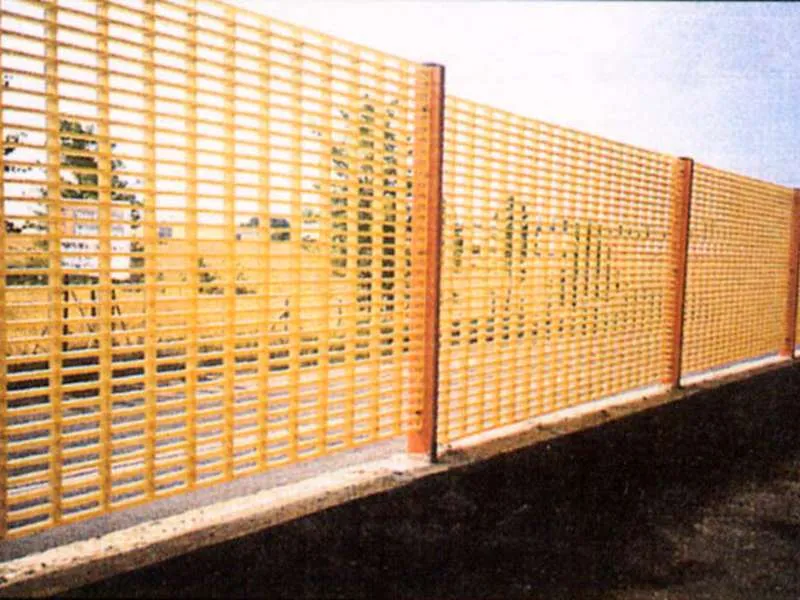
-
 Afrikaans
Afrikaans -
 Albanian
Albanian -
 Amharic
Amharic -
 Arabic
Arabic -
 Armenian
Armenian -
 Azerbaijani
Azerbaijani -
 Basque
Basque -
 Belarusian
Belarusian -
 Bengali
Bengali -
 Bosnian
Bosnian -
 Bulgarian
Bulgarian -
 Catalan
Catalan -
 Cebuano
Cebuano -
 China
China -
 China (Taiwan)
China (Taiwan) -
 Corsican
Corsican -
 Croatian
Croatian -
 Czech
Czech -
 Danish
Danish -
 Dutch
Dutch -
 English
English -
 Esperanto
Esperanto -
 Estonian
Estonian -
 Finnish
Finnish -
 French
French -
 Frisian
Frisian -
 Galician
Galician -
 Georgian
Georgian -
 German
German -
 Greek
Greek -
 Gujarati
Gujarati -
 Haitian Creole
Haitian Creole -
 hausa
hausa -
 hawaiian
hawaiian -
 Hebrew
Hebrew -
 Hindi
Hindi -
 Miao
Miao -
 Hungarian
Hungarian -
 Icelandic
Icelandic -
 igbo
igbo -
 Indonesian
Indonesian -
 irish
irish -
 Italian
Italian -
 Japanese
Japanese -
 Javanese
Javanese -
 Kannada
Kannada -
 kazakh
kazakh -
 Khmer
Khmer -
 Rwandese
Rwandese -
 Korean
Korean -
 Kurdish
Kurdish -
 Kyrgyz
Kyrgyz -
 Lao
Lao -
 Latin
Latin -
 Latvian
Latvian -
 Lithuanian
Lithuanian -
 Luxembourgish
Luxembourgish -
 Macedonian
Macedonian -
 Malgashi
Malgashi -
 Malay
Malay -
 Malayalam
Malayalam -
 Maltese
Maltese -
 Maori
Maori -
 Marathi
Marathi -
 Mongolian
Mongolian -
 Myanmar
Myanmar -
 Nepali
Nepali -
 Norwegian
Norwegian -
 Norwegian
Norwegian -
 Occitan
Occitan -
 Pashto
Pashto -
 Persian
Persian -
 Polish
Polish -
 Portuguese
Portuguese -
 Punjabi
Punjabi -
 Romanian
Romanian -
 Russian
Russian -
 Samoan
Samoan -
 Scottish Gaelic
Scottish Gaelic -
 Serbian
Serbian -
 Sesotho
Sesotho -
 Shona
Shona -
 Sindhi
Sindhi -
 Sinhala
Sinhala -
 Slovak
Slovak -
 Slovenian
Slovenian -
 Somali
Somali -
 Spanish
Spanish -
 Sundanese
Sundanese -
 Swahili
Swahili -
 Swedish
Swedish -
 Tagalog
Tagalog -
 Tajik
Tajik -
 Tamil
Tamil -
 Tatar
Tatar -
 Telugu
Telugu -
 Thai
Thai -
 Turkish
Turkish -
 Turkmen
Turkmen -
 Ukrainian
Ukrainian -
 Urdu
Urdu -
 Uighur
Uighur -
 Uzbek
Uzbek -
 Vietnamese
Vietnamese -
 Welsh
Welsh -
 Bantu
Bantu -
 Yiddish
Yiddish -
 Yoruba
Yoruba -
 Zulu
Zulu
fiberglass products for steel smelting plant
The Role of Fiberglass Products in Steel Smelting Plants
The steel smelting industry is crucial for the production of steel, an essential material for various sectors, including construction, automotive, and manufacturing. As energy demands and environmental considerations evolve, the focus on enhancing the efficiency, safety, and sustainability of steel smelting plants has become more pronounced. One of the innovative solutions gaining traction in this regard is the use of fiberglass products. This article explores the significance of fiberglass in steel smelting operations, highlighting its benefits and applications.
Understanding Fiberglass
Fiberglass, a composite material made from fine glass fibers, is renowned for its high strength-to-weight ratio, corrosion resistance, thermal stability, and insulation properties. These characteristics make fiberglass an ideal choice for various industrial applications, including the steel smelting sector. The production processes involved in steel smelting often include extreme temperatures, aggressive chemical reactions, and rigorous physical stress. Fiberglass products prove invaluable in addressing these challenging conditions effectively.
Applications of Fiberglass in Steel Smelting Plants
1. Insulation Materials One of the primary applications of fiberglass in steel smelting plants is as insulation for furnaces and piping. Fiberglass insulation helps maintain optimal temperatures within the furnace, enhancing energy efficiency and reducing operational costs. The thermal resistance of fiberglass helps prevent heat loss, ensuring that the smelting process operates efficiently while minimizing energy consumption.
2. Refractory Linings Steel smelting processes involve molten metal and slag, which can react aggressively with conventional materials. Fiberglass-reinforced composites are used as refractory linings in furnaces, enabling better thermal stability and improved resistance to corrosive elements. These fiberglass linings enhance the lifespan of the furnaces, leading to lower maintenance costs and downtime.
3. Equipment Components Various components within steel smelting plants can benefit from fiberglass reinforcement. For example, transport systems, chutes, and ducts made from fiberglass composites can withstand high temperatures and abrasive materials, reducing wear and tear. This durability translates to long-term savings for plant operators and a reduced need for frequent replacements.
fiberglass products for steel smelting plant

4. Storage Solutions Steel smelting plants often handle various raw materials, including chemicals and ores, which can be corrosive or reactive. Fiberglass storage tanks and containers are ideal for safely storing these materials, preventing leaks and contamination. Given fiberglass's resistance to chemicals, it ensures the safety of both the environment and the workforce.
5. Safety Barriers and Structures Safety is paramount in industrial settings, especially in steel smelting plants where the risk of accidents is high. Fiberglass can be molded into safety barriers, walkways, and support structures that provide robustness without adding excessive weight. The use of non-conductive fiberglass in areas with electrical installations further enhances worker safety.
Environmental Benefits
The steel industry is under growing pressure to reduce its environmental footprint. The integration of fiberglass into smelting operations contributes to this goal. By improving energy efficiency through enhanced insulation and reducing waste with durable materials, fiberglass products assist plants in minimizing their overall energy consumption and resource usage. Additionally, longer-lasting products lead to less material waste over time, making fiberglass a more sustainable choice for industrial applications.
Conclusion
The use of fiberglass products in steel smelting plants reflects a shift towards innovation and sustainability in the steel production industry. With their ability to withstand harsh conditions, enhance energy efficiency, and contribute to safer working environments, fiberglass materials are transforming traditional practices. As the steel industry continues to evolve and address the challenges of modern manufacturing, the adoption of fiberglass solutions will likely play a key role in shaping a more efficient and environmentally friendly future.
In summary, fiberglass products offer a wide range of benefits for steel smelting plants, from superior insulation and equipment durability to improved safety and environmental performance. By leveraging these advantages, steel manufacturers can not only enhance their operational efficiency but also contribute to a more sustainable industrial landscape.









